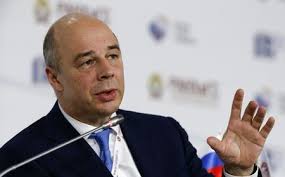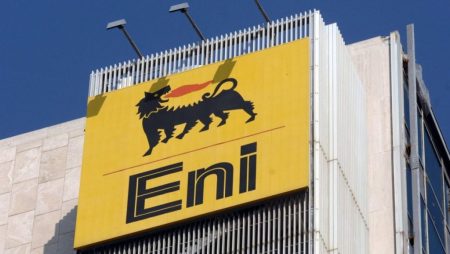 London — Oil prices slipped on Friday after exports from Kazakhstan’s CPC crude terminal partially resumed and after the EU held off on imposing an embargo on Russian energy after members remained split on the issue.
London — Oil prices slipped on Friday after exports from Kazakhstan’s CPC crude terminal partially resumed and after the EU held off on imposing an embargo on Russian energy after members remained split on the issue.
Brent crude fell $2.04, or 1.7%, to $116.99 a barrel at 1413 GMT and U.S. West Texas Intermediate (WTI) crude slipped $1.99, or 1.8%, to $110.35 after both had dropped more than 2% the previous session.
Despite the falls, both benchmarks were heading for their first weekly gains in three weeks. Brent was on track for an 8% jump and WTI for a 6% rise as broader supply concerns sparked by Russia’s invasion of Ukraine underpinned the market.
Concerns were heightened after the Caspian Pipeline Consortium (CPC) terminal on Russia’s Black Sea coast stopped exports on Wednesday after being damaged by a storm.
The terminal partially resumed oil loadings on Friday, according to two sources familiar with the process and shipping data on Refinitiv Eikon.
Most of Kazakhstan’s crude is exported via the CPC pipeline to the Russian Black Sea port of Novorossiisk, supplying around 1.2% of global oil demand.
At a European Union summit in Brussels, member states remained split on whether to impose an oil embargo on Russia.
The United States and Britain, both less reliant on Russian oil than the European Union, have imposed bans on Russian crude. The EU, which is heavily dependent on Russian oil and gas, faces a bigger dilemma over whether to impose sanctions on the sector.
“As the single largest buyer of Russian oil, the more rapidly Europe seeks to cut Russia’s imports, the higher global oil prices will rise,” J.P. Morgan analysts said in a note.
OPEC sources said the producer group’s officials believe that a possible EU ban on Russian oil would hurt consumers and that it had conveyed its concerns to Brussels.
With global stockpiles at their lowest since 2014, analysts said the market remained vulnerable to any supply shock.
Prices also remained pressured by the potential for another coordinated release of oil from storage by the United States and its allies to help to calm oil markets. read more
Responding to market volatility, the Intercontinental Exchange (ICE) raised margins for Brent futures by 19% for the May contract from Friday, the third rise this year.
Futures margin rates are increased when markets are volatile and the move makes transactions more expensive because it forces traders to increase the deposit they hold at the exchange for each contract to prove they can deliver on obligations.
In a bid to ease gas supply worries, the United States said it will work to ensure additional liquefied natural gas (LNG) volumes for the EU market of at least 15 billion cubic metres (bcm) in 2022, with increases expected in the future.
China’s state-run Sinopec Group has suspended talks for a major petrochemical investment and a gas marketing venture in Russia, sources told Reuters, heeding a government call for caution as sanctions mount over the invasion of Ukraine.
Follow us on twitter



